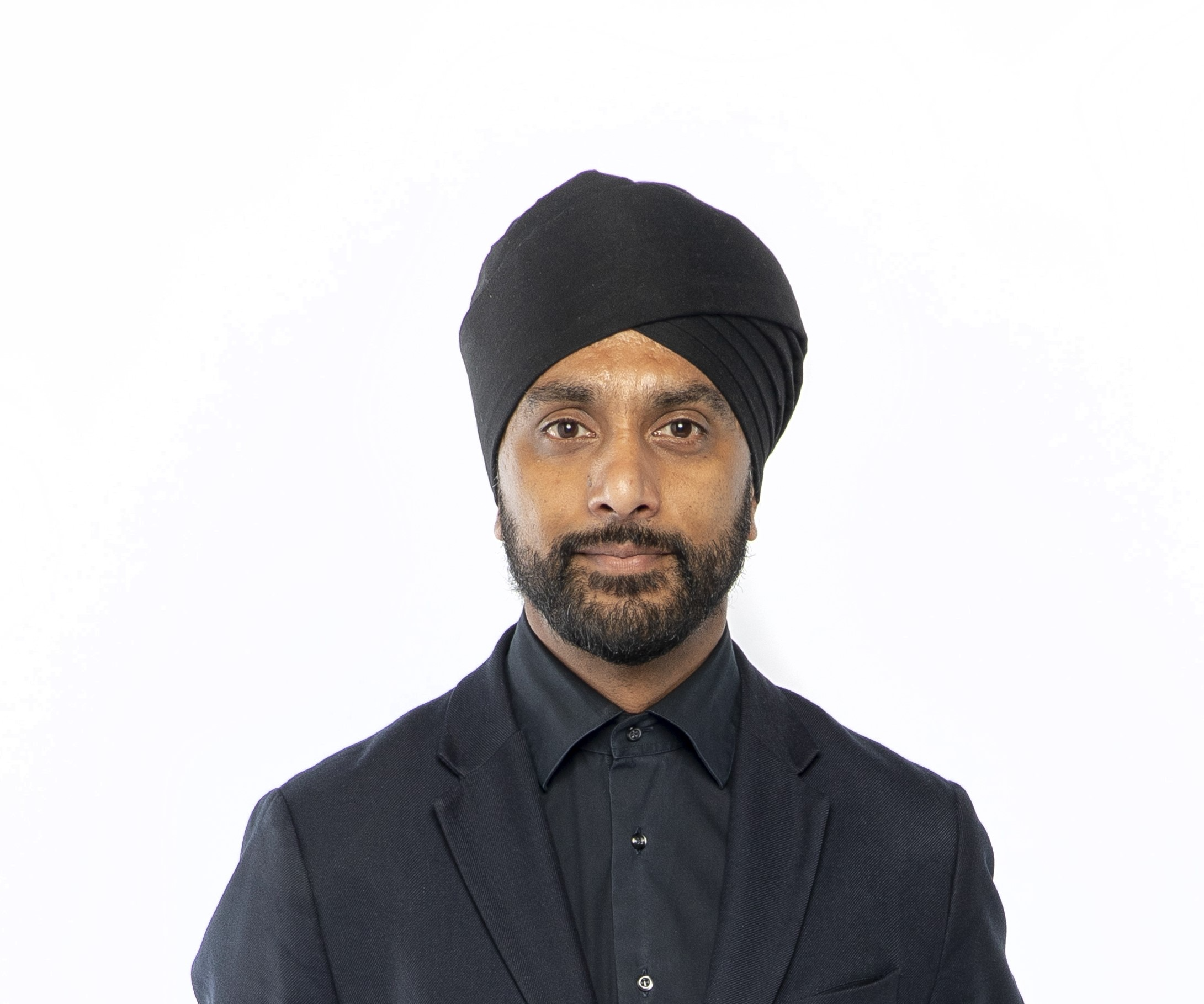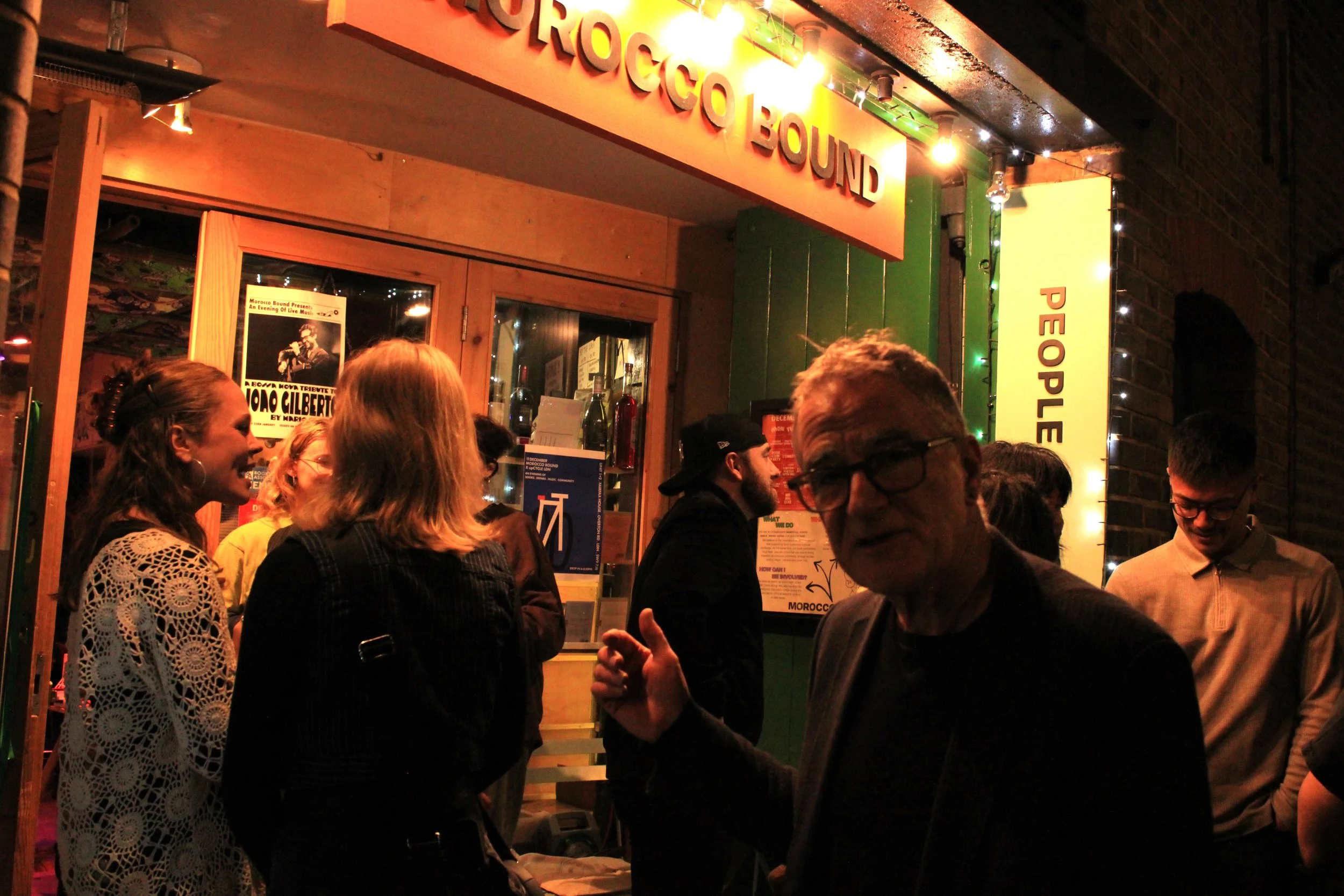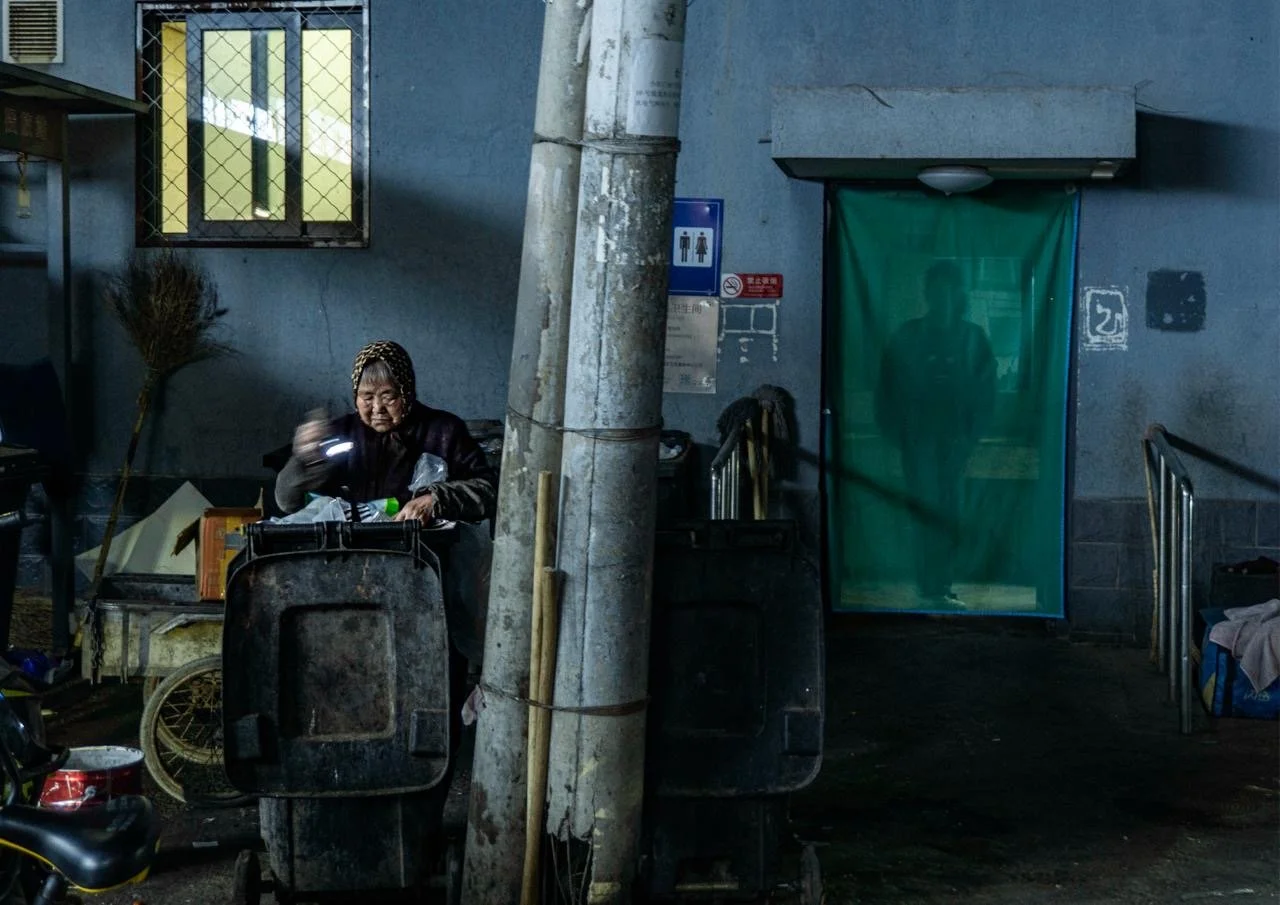Five fantastic short reads (all under 200 pages!)
A collection of short books that possess more power and a profundity than the page count suggest. Each of these books are under 200 pages, making them great for anyone looking to break a reading rut or explore different genres. Be warned – though they are little, these books contain some of life’s largest questions.
The Word for World is Forest, Ursula Le Guin [1972]
160 pages

The Word for World is Forest, Ursula Le Guin [1972]
Somewhere in space, a peaceful alien civilisation are enslaved by human colonisers, forcing them to abandon their nonviolent ways. Led by Selver, they rise up in resistance. Every act of violence against their oppressors introduces Selver and his people to the “evil dream”, threatening the very soul of their society.
#FLODown: From a true master of their craft, this novella is a sci-fi story that was responding to the Vietnam War. It is a challenge against the dehumanising ideologies of colonialism, illustrated through sharp but delicate prose and rich characterisation. There is a concept within the book of “world time” and “dream time”, which is highly relevant in the context of this article. Go read the book to find out why.
“… between the two groups, Selver, the translator, frail, disfigured, holding all their destinies in his empty hands. Rain fell softly on the brown earth about them.”
We, Yevgeny Zamyatin [1924]
199 pages
![We, Yevgeny Zamyatin [1924]](https://images.squarespace-cdn.com/content/v1/5c9534c4af4683461d462c6b/1f083ee3-f877-4389-81f1-fb3f2cc4cda2/We%2C+Yevgeny+Zamyatin+%5B1924%5D)
We, Yevgeny Zamyatin [1924]
A groundbreaking dystopian novel set in the 26th century, telling the story of mathematician named D-503 who discovers he has a soul. His awakening challenges the totalitarian order, which was perhaps the reason why the novel was banned in Russia for decades. It endures as both a vivid work of science fiction and a powerful call for freedom.
#FLODown: We is the original modern dystopian story, having influence on 1984 and A Clockwork Orange. In OneState, everyone lives (literally) in glass houses. Individuality is a crime, and imagination is deemed an incurable disease. Told through diary entries, Zamyatin’s world is trippy, troubling and tragic – and perhaps a bit too real. A must read for fans of dystopia.
“You're in a bad way! Apparently, you have developed a soul.”
The Island of Dr Moreau, HG Wells [1896]
160 pages
![The Island of Dr Moreau, HG Wells [1896]](https://images.squarespace-cdn.com/content/v1/5c9534c4af4683461d462c6b/ae147643-1d42-4c8c-a971-c1817a64efb9/The+Island+of+Dr+Moreau%2C+HG+Wells+%5B1896%5D)
The Island of Dr Moreau, HG Wells [1896]
In its time, this book was deemed horrifying and blasphemous. A man named Edward Prendick is shipwrecked on an island of “beast-people” that is lorded over by a mad scientist named Dr Moreau. It is a thriller, an adventure, and a horror wrapped in one, and the thematic friction concerned with the use and misuse of scientific developments remain highly relevant (and perhaps even more uncomfortable) today.
#FLODown: A fascinating observation of the chaos caused when men assume the place of gods. Wells again wields science-fiction as a philosophical device to scrutinise the way in which the pursuit of science and technology can lead to a dangerous immortality.
“His is the House of Pain.
His is the Hand that makes.
His is the Hand that wounds.
His is the Hand that heals.”
The Prophet, Khalil Gibran [1923]
128 pages
![The Prophet, Khalil Gibran [1923]](https://images.squarespace-cdn.com/content/v1/5c9534c4af4683461d462c6b/5cb136f2-5a5e-490b-9117-b2c8a2b2170f/The+Prophet%2C+Khalil+Gibran+%5B1923%5D)
The Prophet, Khalil Gibran [1923]
The prophet is leaving town, but the people there still have questions for him: about good and evil, beauty, work, love, and all of humanity’s grandest ideas. This collection of poetic essays is a timeless and treasured work that has sold millions of copies all over the world and earns its place on every bookshelf.
#FLODown: Gibran offers perspective rather than answers through this book, and whether we have our own answers or not, The Prophet has something to show us. In the rush of everyday life, it can be difficult to find the headspace to think about the vast themes, and so we can count ourselves lucky that this illuminating book exists to help us see the world through such a wondrous lens.
“People of Orphalese, beauty is life when life unveils her holy face.
But you are life and you are the veil.
Beauty is eternity gazing at itself in the mirror.
But you are eternity and you are the mirror.”
The Lonely Londoners, Sam Selvon [1956]
142 Pages
![The Lonely Londoners, Sam Selvon [1956]](https://images.squarespace-cdn.com/content/v1/5c9534c4af4683461d462c6b/2ac67942-6fa5-44ab-ae95-2649c2f62749/The+Lonely+Londoners%2C+Sam+Selvon+%5B1956%5D)
The Lonely Londoners, Sam Selvon [1956]
At Waterloo Station, lead character Moses meets hopeful immigrants from the Caribbean arriving in London. Just like him, they soon discover that the streets are not paved with gold. Instead, the harsh realities of racism, poverty, and the bitter cold of the city bind these lonely Londoners together.
#FLODown: Selvon channels a Dickensian spirit in the way he paints vivid portraits of the characters of London in the 1950s. Humour and tragedy are intwined as the cast attempt to find their place in the city. The Lonely Londoners is an early example of a book being written in dialect, making it a crucial work in the canon of British literature. These pages are a time machine that drop us into the every day lives of a generation who helped to make London the city it is today.
“Always, from that first time he went there to see Eros and the lights, that circus is the beginning and the ending of the world.”
Words by Angelo Mikhaeil
Ted Hodgkinson is Head of Literature & Spoken Word at Southbank Centre and oversees the seasonal literature programme as well as the annual London Literature Festival. He has judged awards including the BBC National Short Story Award and the Orwell Prize for political writing, and in 2020 he chaired the International Booker Prize…
Narinder Sagoo MBE, Senior Partner at Foster + Partners and renowned architectural artist, has embarked on an ambitious new personal project in support of Life Project 4 Youth (LP4Y), a charity that works towards the upliftment of young adults living in extreme poverty and suffering from exclusion. Narinder has been an ambassador for LP4Y since 2022…
This week in London (26 Jan – 1 Feb 2026), catch theatre at Malmaison Hotel, live Aphex Twin performances at Southbank, art exhibitions at Barbican, ICA, and Goldsmiths CCA, comedy at Sadler’s Wells, plus music, cinema, and new foodie spots like Le Café by Nicolas Rouzaud.
Discover a guide to some of the art exhibitions to see in London in February 2026, including the much-anticipated Tracey Emin and Rose Wylie exhibitions at Tate and the Royal Academy of Arts respectively; works by artists Aki Sasamoto and Stina Fors at Studio Voltaire; the third edition of the Barbican’s Encounters series with Lynda Benglis; an Isaac Julien world premiere at Victoria Miro…
This week in London includes the London Short Film Festival, Winter Lights at Canary Wharf and London Art Fair, plus new exhibitions by Georg Baselitz, Mario Merz and Umi Ishihara. Also on are performances at the Southbank Centre, Burns Night celebrations, last chances to see Dirty Looks at the Barbican, and the opening of Claridge’s Bakery…
Just off Bermondsey Street, a short stroll away from London Bridge, is Morocco Bound Bookshop. Independent bookshop by day, lively venue by night this place is one of London’s hidden gems…
Bistro Sablé looks as French as it tastes. The 65-seater lateral restaurant is spread across two areas wrapping around the central bar…
London’s plant-based dining scene is more exciting, diverse and delicious than ever. From Michelin-starred tasting menus where vegetables take centre stage, to relaxed neighbourhood favourites and casual spots…
From bold new works by leading choreographers to iconic operas reimagined for modern audiences, The Royal Ballet and The Royal Opera continue to define London’s cultural scene. With tickets starting at just £9, here is your guide to the unmissable performances of 2026…
From explorations of queer life, diasporic memory, and American urban history to inventive contemporary approaches, this guide provides an overview of the most anticipated photography exhibitions in London this year…
This January, discover London’s most exciting art exhibitions, from emerging talents and debut solo shows to major museum highlights…
Seeds of Hate and Hope at the Sainsbury Centre, Norwich, is a powerful exhibition examining how violence, ideology and trauma are created, spread and remembered…
This week in London features late-night Christmas shopping on Columbia Road, festive wreath-making workshops, live Brazilian jazz, mince pie cruises, theatre performances, art exhibitions, a Christmas disco, and volunteering opportunities with The Salvation Army.
Maggie Jones’s is back and the residents of Kensington and their regulars will be thrilled. The restaurant, tucked away off Kensington Church Street, is a slice of London lore. In the 1970s, Princess Margaret and Lord Snowdon were such devoted regulars that the staff referred to her under the alias “Maggie Jones”….
Afra Nur Uğurlu is a visual artist and recent London College of Communication graduate whose practice bridges beauty, fashion, art, and cultural studies. In this interview, we discuss Hinterland, her zine exploring how the Turkish diaspora navigates and challenge es dominant representations…
A poignant review of two debut exhibitions curated by Yiwa Lau, exploring memory, community, and our emotional ties to place, from London’s overlooked moments to a disappearing village near Beijing.
The Lagos International Theatre Festival 2025 (LIFT) kicked off in spectacular fashion at the Muson Centre on 14th November. The star-studded opening night featured electrifying theatre, music, dance, and even an impromptu rap freestyle from Lagos Governor, Mr. Sanwo-Olu…
Miami Art Week 2025 transforms the city into a global art hub, featuring Art Basel, Design Miami, top fairs, museum exhibitions, and pop-ups. From established galleries to emerging artists and installations, the week offers a dynamic snapshot of contemporary creativity across Miami Beach, Wynwood, Downtown, and the Design District…
Here is our guide to Christmas gifts you can buy at London gallery shops, to help you find presents for loved ones, friends, or a Secret Santa at the office. From The Courtauld to the National Gallery, every purchase helps fund exhibitions…
From historic toyshops and independent markets to avant-garde boutiques and curated art book shops, these locations showcase creativity, charm, and festive spirit, making Christmas shopping in London a truly enjoyable experience…
Townsend Productions is marking the 50th anniversary of the Grunwick Strike (1976–1978) with the return of We Are the Lions, Mr Manager!, a powerful play written and musically directed by Neil Gore and directed by Louise Townsend. The production features Rukmini Sircar as Jayaben Desai. Ahead of the London run, we spoke to Neil Gore and Rukmini Sircar…
London is full of festive wreath-making workshops this winter, from traditional seasonal designs to bold, contemporary creations. Whether you’re a beginner or a seasoned crafter, these hands-on sessions at luxury studios, hotels, or community events…
Amsterdam is a beautiful city to visit in the autumn, with its canals framed by colourful leaves and crisp, atmospheric streets perfect for exploring. To help plan your cultural itinerary, we’ve put together a guide to some of the art exhibitions worth visiting this season. Highlights include Sandra Mujinga’s…
This Christmas, sketch, London’s iconic destination for art, design and dining, is embracing the alpine charm of après ski with a special installation called The Art of Après…
The Victoria and Albert Museum has announced that the highly anticipated V&A East Museum will open its doors on 18 April 2026, marking a major new chapter for the cultural landscape of east London…
The afternoon tea pays homage to the renowned wood-block print artist, Katsushika Hokusai known for his distinctive depictions of landscapes and portraiture. His art and Japanese flavours inspire the menu….
BBC Radio 1 presenter, DJ, podcaster, and award-winning entrepreneur Jaguar joined us for our In conversation with series to discuss her journey from sneaking out to raves on the tiny island of Alderney to becoming a tastemaker in the UK dance scene, her debut EP flowers…
Discover 10+ locations in London where you can enjoy the celebrations on the weekends before and after and the official Bonfire Night itself…
Annie Frost Nicholson is an artist whose work sits at the electric intersection of personal memory, public ritual and emotional release. Known for transforming private grief into bold, colour-saturated experiences - from stitched paintings to micro-discos - Annie’s practice creates space for collective healing without losing the rawness of its origins…







































